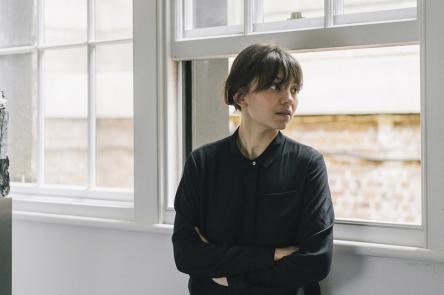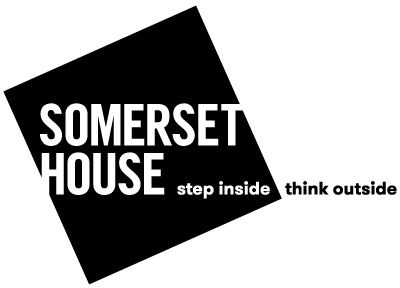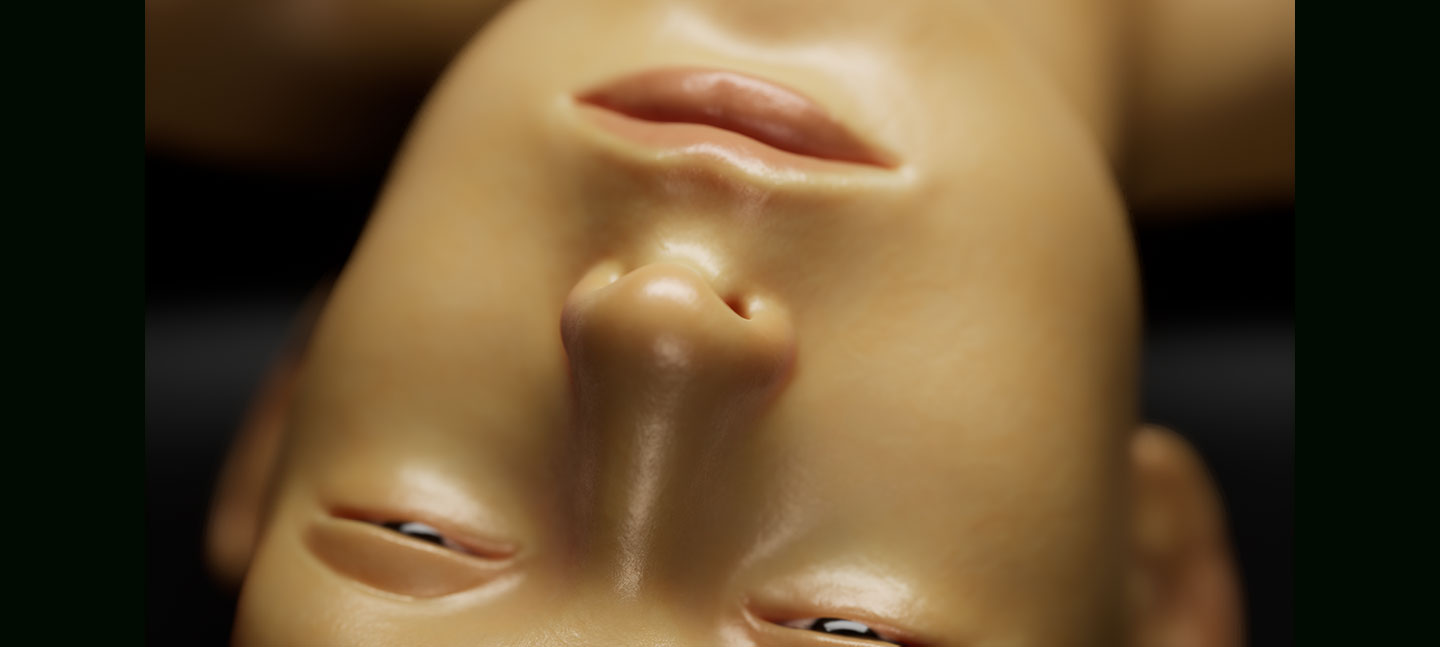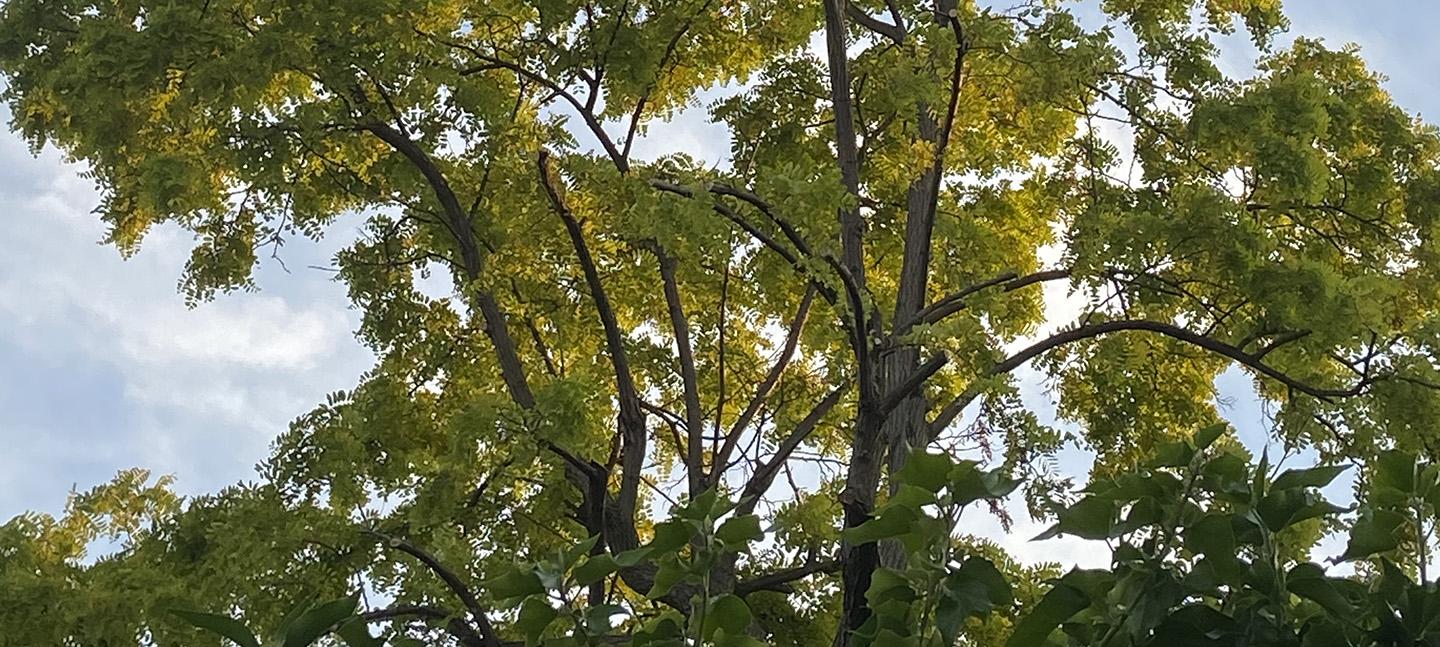
Tabitha Thorlu-Bangura is a curator in residence at Somerset House Studios, whose work traverses live music, radio and visual arts. We caught up with her to discuss positive rituals, recommended listening and hopes for the rest of the year.
What habits / rituals have you been doing to help you stay positive over the last few months?
Meticulously planning all my meals with a very intense colour coded chart. Also there's a really good tree in my neighbour's garden, its leaves are almost fluorescent green – it catches the light in a very soothing way in the late evening.
What drives your curatorial practice? What do you care about?
What I really care about is giving people the opportunity to make work they wouldn't have otherwise have made – whether that's asking an established artist to approach their work or a given theme from a new angle, or encouraging an emerging artist out of their shell and onto the stage. That's the most interesting aspect of a curatorial practice I think – helping new artistic practices to develop, particularly when working with artists who are just finding their feet. I really like introducing one artist to another and seeing what new things happen when their worlds overlap, so I'm often asking people to collaborate. Seeing the work - and friendship - that comes from that is really invigorating. On a personal level I like to juxtapose different universes and emphasise the alignments and connections people might not have noticed yet.
It's fair to say that music plays a huge part in your life and work, what have you been listening to recently?
Very recently I've been listening to 'Rumours' by Ivorian Doll on repeat, if I play it once I have to play it at least three times. In the mornings I've been listening to listen Yeo-Neun, the most recent album by the cellist Okkyung Lee. Also Drip Season 3 by Gunna. And one or two James Blake tracks. And spring/summer dubs 2020 by Anz. But generally I'm still in quarter-life crisis mode, listening to all the things that made me happy as a child or teenager, pretending I can turn back the clock.
In the leadup to lockdown we were preparing for Time Eating, an event exploring the themes of births, deaths, and marriages, a nod to the history of Somerset House. With recent global events (Covid-19, BLM), how have your thoughts around these topics shifted or evolved?
It's hard to know where to start... I've been thinking a lot about personal food systems, how those are developed and shaped by our environment and upbringing, and how we adapt those systems as we take more responsibility for the political impact of our personal choices. Obviously now the politics of being served food in a public place have become so much sharper and more loaded. And, on the other hand, being able to socialise through eating together is something that we all are rightfully cherishing more, since so many other forms of culture might not survive this period...
Intergenerational connection and care were also some of the themes in Dreaming / Diasporas, your event as part of the Studios summer programme in 2019. Can you write a bit about why it's important to platform work that explores Black diasporic identities and the need to connect with our own personal histories.
I think as long as blackness is a presented as a behemoth, or singular identity, or something that is only slavery and subordination, it will always be easy to divide our world along the lines of race as a social construct. There's unity in diversity.
Amidst what feels mostly like uncertainty, what is your one biggest hope for 2020?
I don't know, I'm partially dazed by our government's cack-handed response to both Covid-19 and the propulsive energy of the BLM protests. But I've also been amazed and energized by the conversations around abolishing the police. Silver Press has been hosting some incredible talks that really make me feel like a brighter world is possible, in ways I've never really imagined before. So I guess my hope would be that the conversations being had now are not forgotten but instead lay strong foundations for a less violent, more tolerant future.









